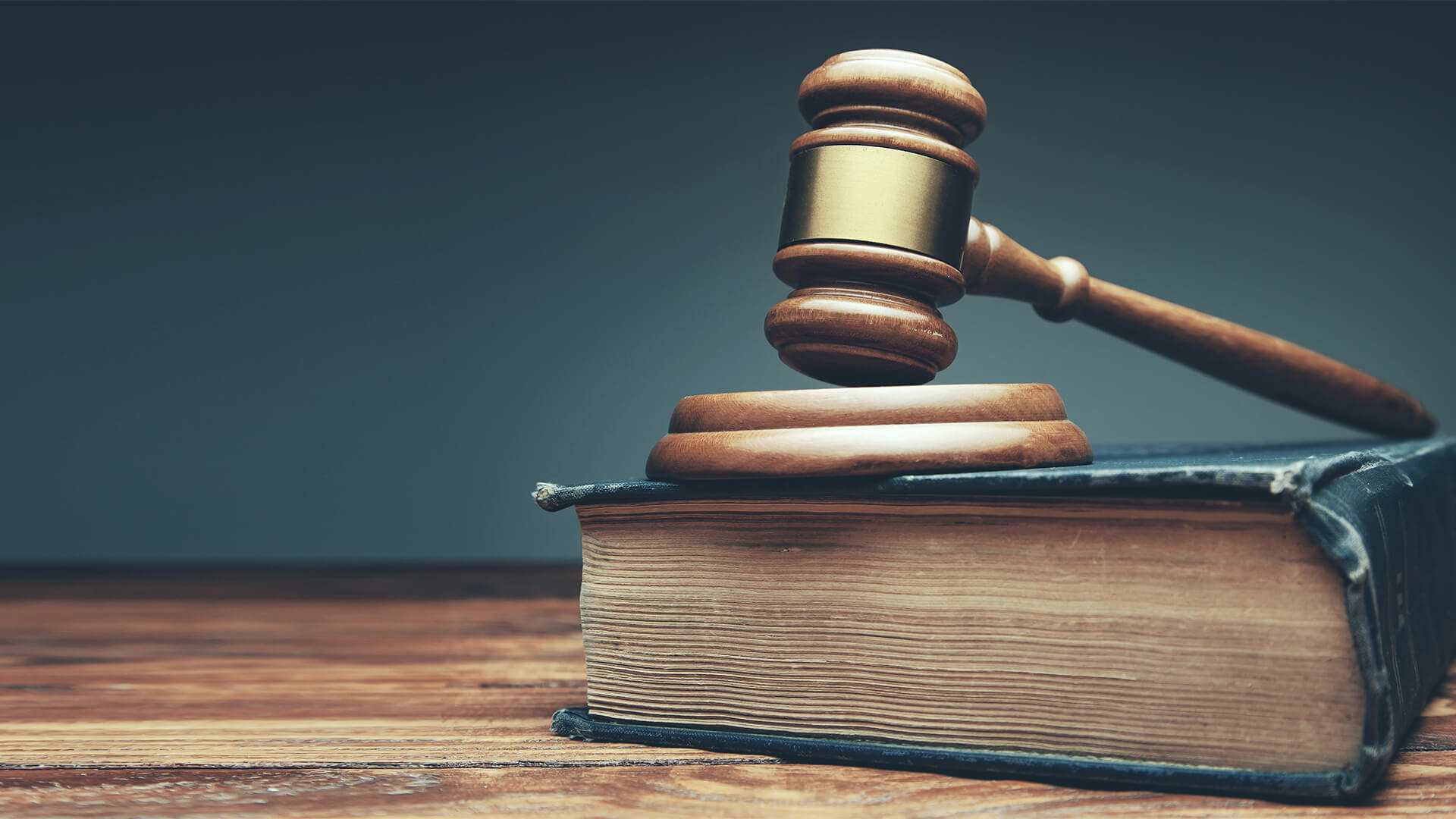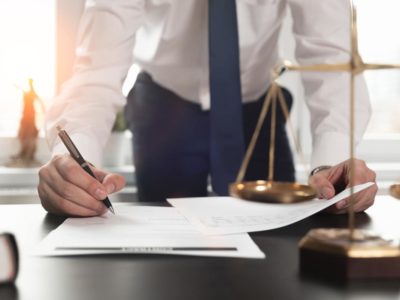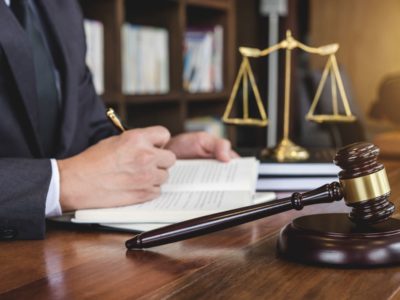If you find yourself facing criminal prosecution, having legal representation is crucial to protect your rights and interests. However, not all attorneys possess the same qualifications and expertise. Two common types – criminal defense lawyers and criminal justice attorneys – serve very different roles in the justice system. Understanding the key distinctions can help you make an informed choice when hiring counsel.
Criminal Defense Attorneys
Criminal defense lawyers represent clients fighting criminal accusations. Their primary focus is serving clients who were arrested, are under investigation, or have been formally charged with crimes. Responsibilities include:
- Conducting investigations to undercut prosecution evidence and establish reasonable doubt of guilt
- Identifying procedural mistakes by law enforcement leading to inadmissible evidence or dismissal
- Negotiating plea bargains with prosecutors to reduce charges or penalties
- Rigorously defending clients in courtroom litigation seeking acquittal if unable to reach plea deals
- Protecting the constitutional and legal rights of accused individuals
- Minimizing sentences and penalties after conviction through appeals and post-trial strategies
In essence, criminal defense attorneys function as aggressive advocates on the client’s behalf throughout the legal process. They leverage their expertise of criminal statutes, case law, and court procedures to achieve the most favorable outcomes possible.
Criminal Justice Attorneys
Criminal justice lawyers fulfill different roles within the justice system framework:
- Prosecutors – Represent the state or federal government in proving guilt and bringing charges against accused individuals. Their allegiance is to the authorities, not the defendants.
- Judges – Preside over criminal court proceedings and trials to determine admissibility of evidence, maintain order, instruct jurors, and render verdicts. They must remain impartial.
- Public defenders – Provide legal defense for clients unable to afford private counsel. They are assigned by courts to represent indigent defendants but have mixed levels of experience.
While positions like prosecutors and judges work within criminal justice, they do not directly advocate for the interests of the accused. Only dedicated criminal defense attorneys fill that specific role.
Key Differences Summarized
- Client loyalty – Criminal defense lawyers owe allegiance solely to the client while prosecutors and judges serve the overall system.
- Role – Criminal defense attorneys protect the accused. Prosecutors pursue convictions on behalf of the state.
- Impartiality – Defense counsel is biased in favor of the defendant. Judges and to some extent prosecutors must remain neutral.
- Finances – Public defenders are salaried positions versus private defense attorneys paid by clients.
- Caseloads – Public defenders typically manage high caseloads that can limit time spent. Private lawyers control volumes.
- Resources – Private attorneys may have greater budget for investigations, expert witnesses, etc.
- Experience – Public defenders gain trial experience but private attorneys often focus specifically on criminal defense.
- Choice – Defendants select desired private counsel but are assigned pool public defenders.
Choosing the Right Attorney for Your Needs
Facing criminal charges is daunting no matter your financial means or guilt or innocence. The stakes are high. While public defenders provide valuable legal services protecting rights, specialized private criminal defense lawyers can devote focused time and resources to cases with attention often not feasible for high-volume public defenders. That hands-on advocacy can mean the difference between jail time or charges dismissed.
If at all possible, meet with both private counsel and your pool public defender to compare qualifications in your specific charges, communication styles, track records, and defense strategies. Ask plenty of questions to determine the best attorney for you. While cost is a key factor, it should not be the only consideration for such a crucial decision. Compare options thoroughly so you proceed confidently with counsel that makes you feel fully supported.
Key Questions to Ask Prospective Criminal Defense Attorneys
Here are important questions to raise during initial consultations with lawyers to represent your criminal case:
- How much experience do you have specifically in my charges of [X]? What were the outcomes?
- Will you personally handle my case or assign it to an associate?
- What do you see as the strongest lines of defense based on the specifics of my case?
- What weaknesses do you see in the current evidence lined up against me?
- What are possible plea bargain and trial strategies you would pursue?
- How frequently do your cases reach plea deals versus trial?
- Can you share reviews, referrals, or past case results I can use to evaluate your track record?
- For public defenders: How many active cases are you juggling? Will my case get sufficient focus?
- For private attorneys: Are your fees clearly defined upfront with no hidden costs?
Vet all options thoroughly before choosing who you trust to entrust with your future. Ask plenty of questions.
Warning Signs of an Ineffective Criminal Attorney
While the right lawyer can make a big difference in overcoming criminal charges, a bad choice can severely damage prospects. Avoid attorneys displaying these red flags:
- Lack of specific experience with your criminal charges
- Vagueness about fees and explanation of costs
- Refusal to provide references or case result examples
- Promises specific outcomes they can’t guarantee
- Unable to clearly outline planned defense strategy
- Poor communicator or unresponsive to queries
- Comes across as salesperson putting pressure to sign
- Reputation for antagonizing judges and prosecutors
- Disorganized, misses deadlines and court dates
Go with your instincts. If something feels off, keeping looking until you find counsel earning your complete confidence. Vet choices thoroughly.
Final Thoughts on the Importance of Legal Representation
Nobody expects to become embroiled in the criminal justice system. But if you find yourself facing prosecution, having knowledgeable legal representation at your side can make an immense difference in navigating the complexities and achieving the most favorable outcome possible. Do not leave your future to chance or assume you can go it alone. Consult with attorneys from the Benjamin Durham Law Firm, know your options, and take control by making an informed choice. The right guidance empowers you to face charges strategically with an expert advocate protecting your rights and interests. While hiring a private criminal defense lawyer may not be financially feasible for all, be sure to thoroughly compare qualifications between public defenders and private attorneys still within reach. Ask lots of questions and go with your gut. Securing robust legal representation provides comfort during an enormously stressful time.













